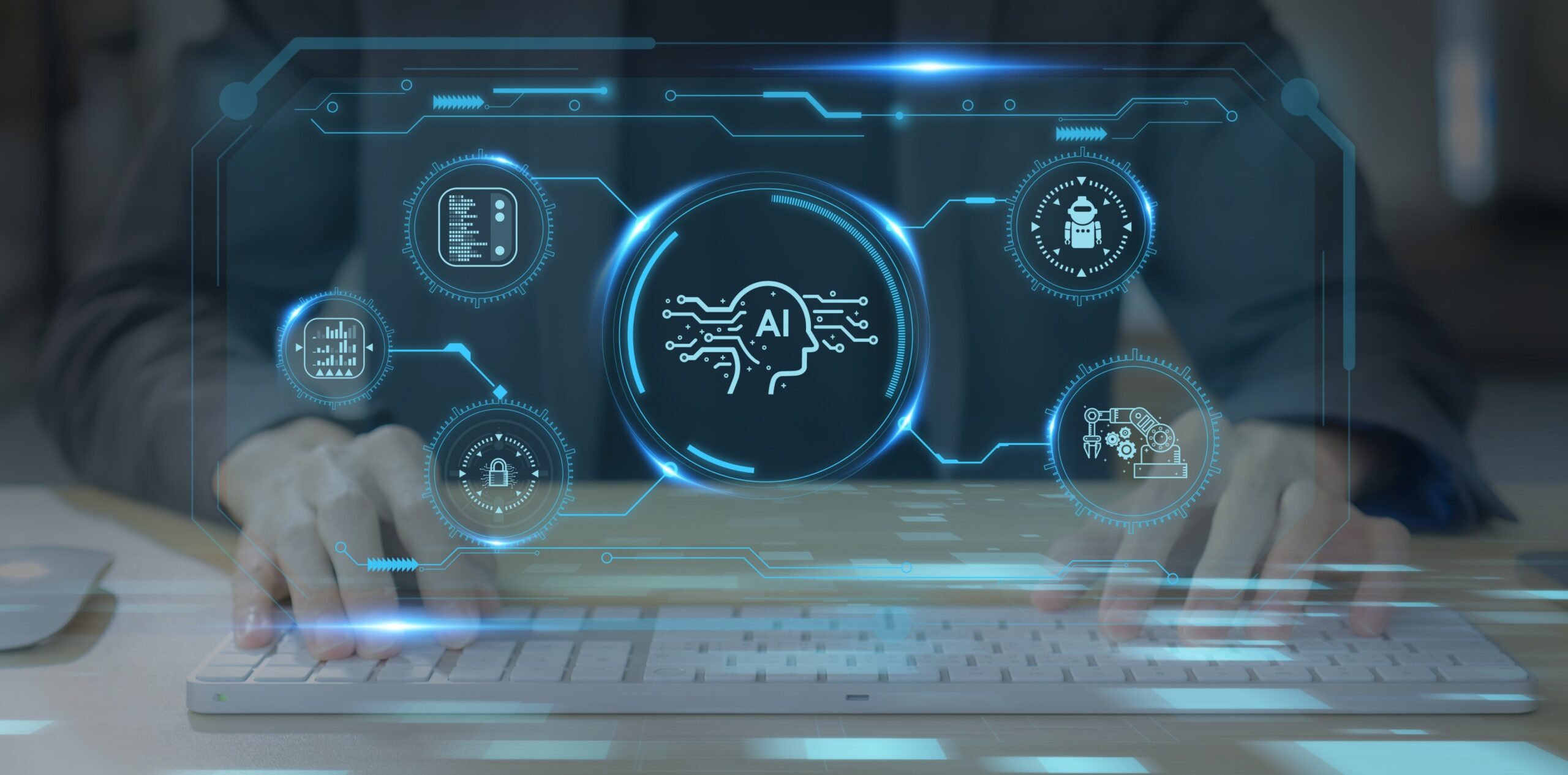

The past decade has seen an exponential rise in automated decision-making software employed by recruiters at organizations around the world. A novel and mercurial legal consideration, Artificial Intelligence (AI) have little to no direct regulation globally, leaving the applicable laws disaggregated. Legal best practice standards are hence drawn from an adaptation of applicable privacy and data protection laws and employment law standards. This whitepaper is written for industry professionals seeking practical advice on legal considerations when leveraging AI recruitment software for their organizations.





